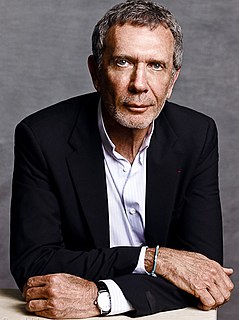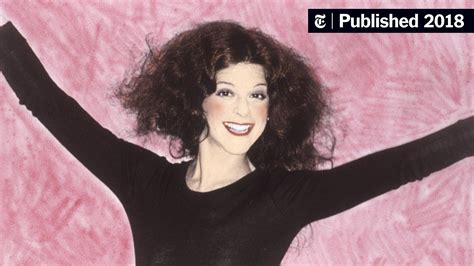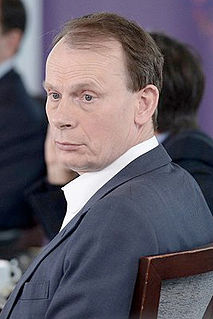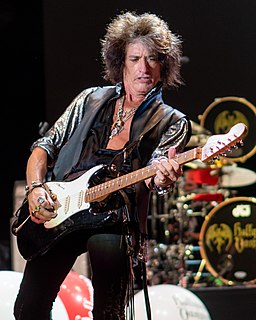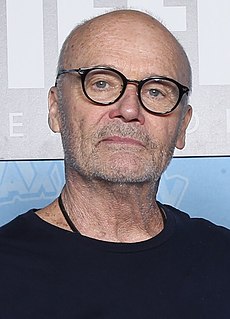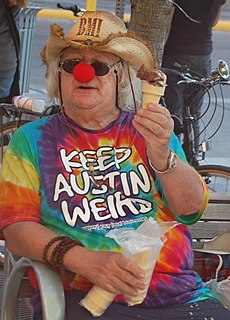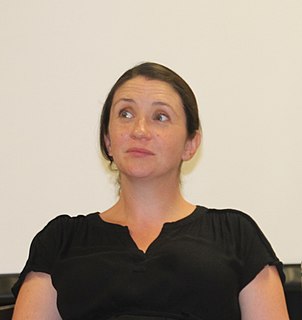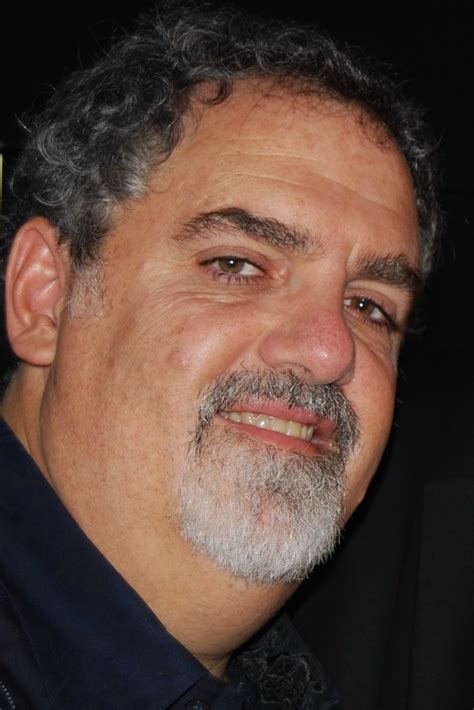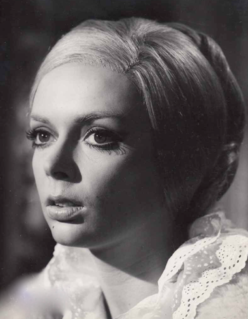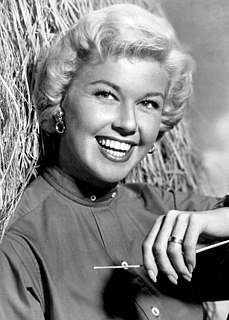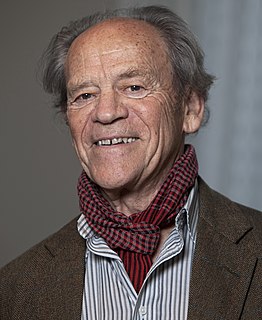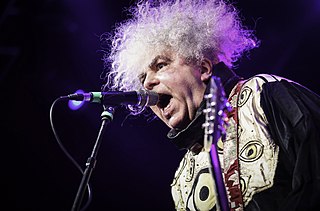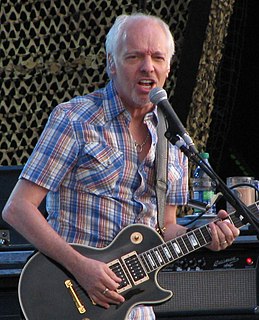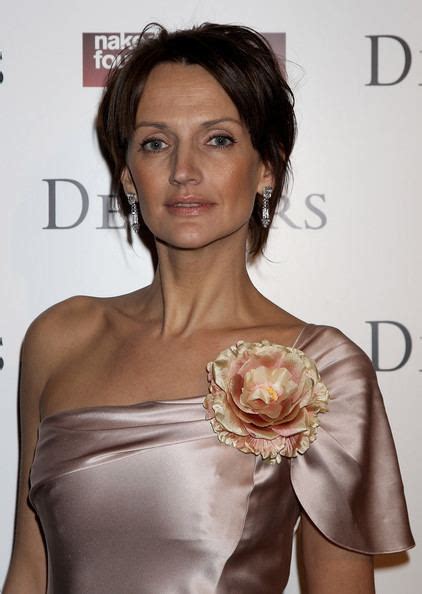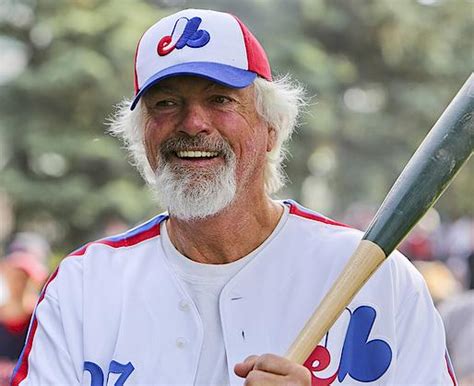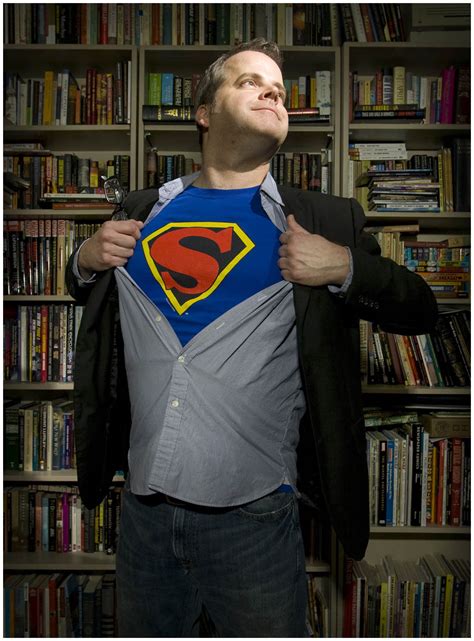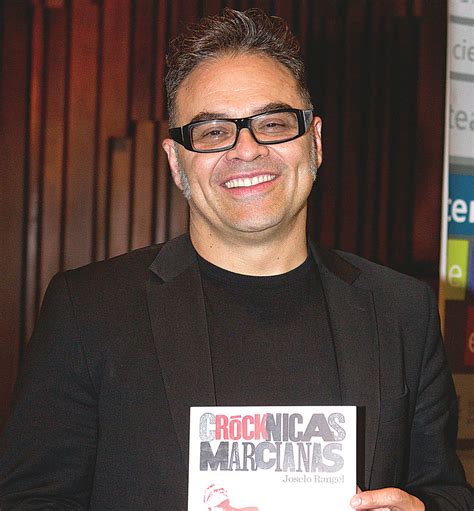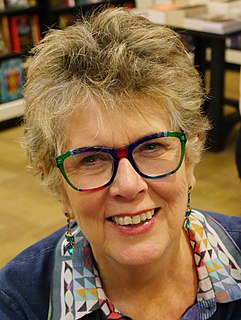Top 389 Sixties Quotes & Sayings - Page 4
Explore popular Sixties quotes.
Last updated on December 22, 2024.
I liked back in the sixties where you'd turn on the radio and go 'Oh that's Hendrix, that's Creedence Clearwater, that's The Doors, there's The Grass Roots, The Monkees, there's Big Brother.' You could just instantly hear it and tell. But in the eighties and nineties there's no way you could do that.
"Que No," Cafe's Tacvba latest single, has Sixties characteristics which we haven't done before, and "Matando" also has certain elements we hadn't come across. For me, it's difficult to say "it's this influence" or "it comes from there." Maybe it's easy for one to listen externally and identify influences.


